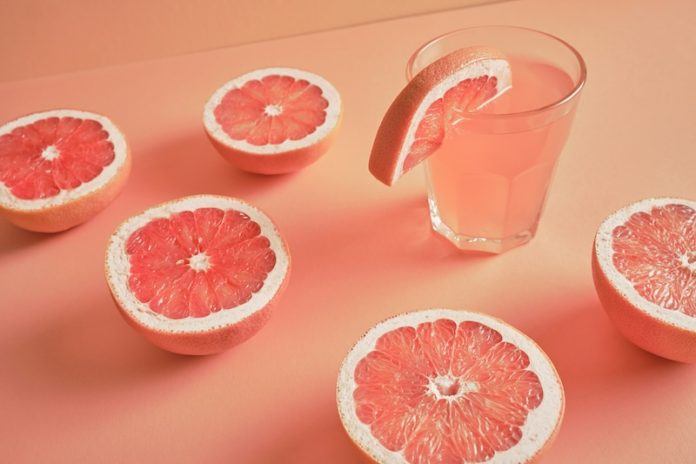
A stroke happens when blood flow to the brain is disrupted, either by a blocked blood vessel or a burst one. This can cause serious brain damage, disability, or even death. For older adults, strokes are a major concern, but the good news is that what you eat can play a big role in reducing your risk.
Research shows that certain foods can help protect your blood vessels and keep your brain healthy, making strokes less likely. Here’s what you need to know about stroke-preventing foods and why they work.
Fruits and vegetables are at the top of the list when it comes to stroke prevention. They are rich in vitamins, minerals, and antioxidants that keep blood vessels healthy. Dark leafy greens like spinach, kale, and Swiss chard are packed with potassium and magnesium, which help control blood pressure—a major risk factor for strokes.
Citrus fruits like oranges and grapefruits provide vitamin C, which has been linked to better blood vessel health and reduced inflammation. Eating a variety of colorful fruits and vegetables every day gives your body the nutrients it needs to fight off stroke risk.
Whole grains, such as oats, quinoa, brown rice, and whole wheat bread, are another important part of a stroke-prevention diet. These foods are high in fiber, which helps lower bad cholesterol levels and improve heart health.
Research has shown that people who eat more whole grains have a lower risk of strokes because fiber helps keep arteries clear and reduces high blood pressure. A simple switch from refined grains like white bread to whole grains can make a big difference.
Fatty fish, such as salmon, mackerel, and sardines, are rich in omega-3 fatty acids, which are known for their heart-protective benefits. Omega-3s reduce inflammation, lower blood pressure, and help prevent the formation of blood clots, all of which are key to lowering stroke risk.
Studies have found that eating fatty fish twice a week can significantly reduce the likelihood of both ischemic strokes (caused by blockages) and hemorrhagic strokes (caused by bleeding).
Nuts and seeds are small but mighty when it comes to stroke prevention. Almonds, walnuts, chia seeds, and flaxseeds are full of healthy fats, fiber, and antioxidants that support heart and brain health.
Walnuts, in particular, contain a type of omega-3 fatty acid called ALA, which has been shown to reduce inflammation and protect blood vessels. Adding a handful of nuts or seeds to your daily diet can help reduce stroke risk.
Olive oil is another powerful food for stroke prevention. It’s a key part of the Mediterranean diet, which has been linked to a lower risk of strokes and other cardiovascular diseases.
Olive oil is high in monounsaturated fats, which help improve cholesterol levels and reduce inflammation. Replacing butter or margarine with olive oil in cooking and salad dressings is an easy way to make your diet healthier.
Beans and legumes, such as lentils, black beans, and chickpeas, are excellent sources of plant-based protein and fiber.
They help lower cholesterol and keep blood sugar levels stable, both of which are important for reducing stroke risk. Studies suggest that eating legumes several times a week can improve heart health and lower the likelihood of strokes.
Finally, staying hydrated is also important for preventing strokes. Dehydration can make your blood thicker and more prone to clotting, increasing the risk of stroke. Drinking plenty of water throughout the day and limiting sugary drinks or alcohol can help maintain good circulation and support overall health.
By including these stroke-preventing foods in your daily diet, you can take an important step toward protecting your brain and overall health.
Pairing a healthy diet with regular exercise, stress management, and routine check-ups can further reduce your stroke risk. Every small change in your eating habits can add up to big benefits for your health and well-being.
If you care about stroke, please read studies about how to eat to prevent stroke, and diets high in flavonoids could help reduce stroke risk.
For more information about health, please see recent studies about how Mediterranean diet could protect your brain health, and wild blueberries can benefit your heart and brain.
Copyright © 2025 Knowridge Science Report. All rights reserved.








Leave a Comment